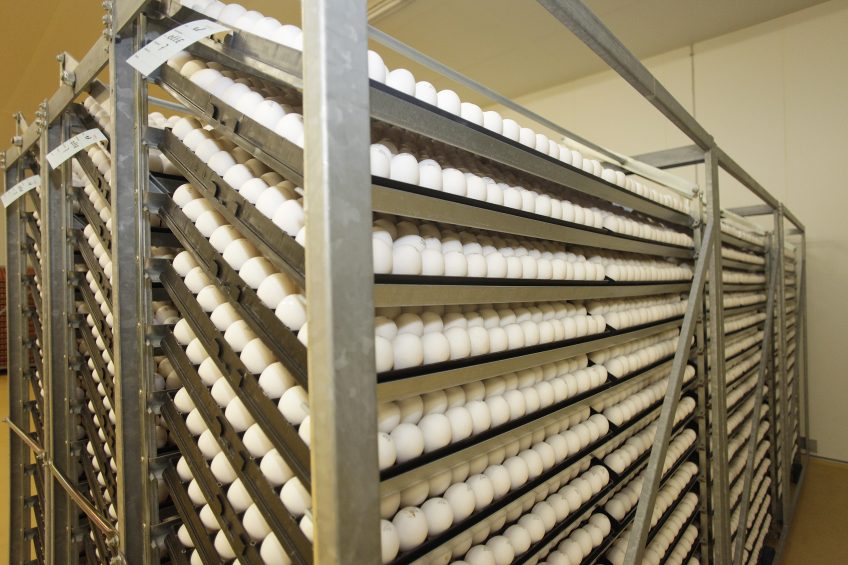Antibacterial properties of egg white

The bird egg is a complex structure ensuring the autonomous development of an embryo outside the mother’s body. It contains nutrients and bioactive molecules but also a sophisticated system to protect the developing embryo against microbial assaults.
The egg yolk, rich in various nutrients and highly susceptible to bacterial contaminations, is surrounded by the vitelline membranes, the egg white and eggshell, all playing key roles in egg protection.
Bacterial contamination
Egg white is an important contributor to the protection of eggs against bacterial contamination. Together with temperature, several antimicrobial proteins (the most well-known are lysozyme and ovotransferrin), pH (normal 7,6, after storage can be 9,5) and viscosity of the egg white, are important to fight bacterial contamination. The presence of antibacterial protection is crucial throughout embryonic development. Some changes in these parameters can be observed in egg white during egg storage and incubation. During incubation the inner part of the eggshell is dissolved to release Calcium for the embryo, the egg white pH varies during incubation and there is an alteration of lysozyme activity.
Antibacterial potential of egg white
In this study changes in the antibacterial potential of egg white in embryonated eggs during the first half of incubation using unfertilised eggs as controls were characterised. The antibacterial properties of egg white proteins were evaluated against Listeria monocytogenes, Staphylococcus aureus, Streptococcus uberis, Escherichia coli and Salmonella enteritidis. At equal protein concentrations, similar activities against Gram-positive bacteria for fertilised and unfertilised egg white proteins were observed. In both groups a decline in these activities was estimated over incubation time. The antibacterial activity of egg white proteins progressively decreased during the first half of egg incubation, caused by the alteration of specific antimicrobial proteins. This apparent decline may be partly counterbalanced in embryonated eggs by the increase in egg white protein concentration.
The antibacterial potential of egg white is very effective during early stages of embryo development but its alteration during incubation suggests that extra-embryonic structures could then progressively ensure protective functions.








